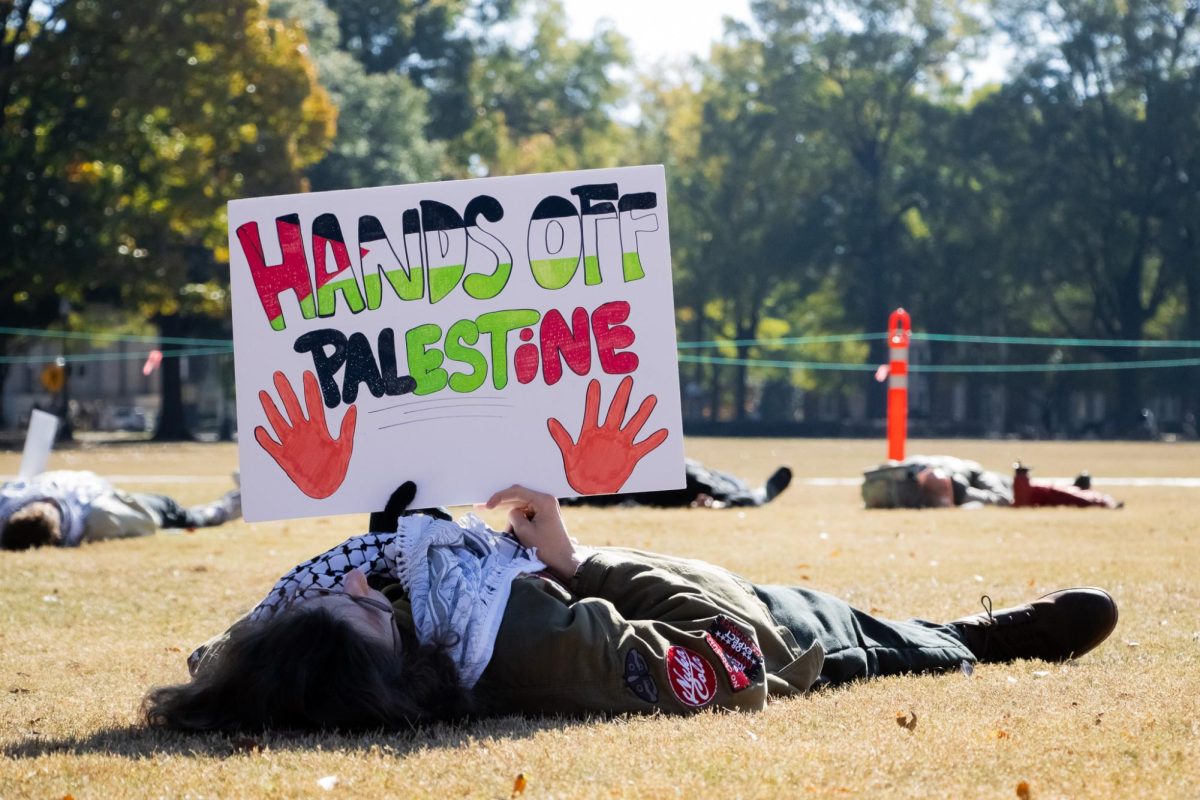Sheryll Cashin, a law professor at Georgetown University, spoke Wednesday at the Ferguson Center about the current state of race relations in America.
Cashin said that despite the great strides the nation has made in tolerating diversity and bringing about integration, the civil rights era vision of racial equality has yet to fully take hold.
“Although a large majority of Americans say they support integrated communities, there is this dissonance that exists [between what they say and how they act],” Cashin said. “Research indicates that there is this tendency for white people to blame a lack of success by blacks on blacks themselves and not on structural disadvantages that prevent them from succeeding.”
In addition, Cashin said subconscious biases against black people often overpower the conscious effort many Americans make to avoid discriminatory behavior.
Project Implicit, a research project conducted at Harvard University intended to measure the subconscious preferences people attach to blacks and whites, reveals the implicit biases Americans live with everyday, she said.
“Seventy percent of the people who have taken the black-white association test registered an automatic preference for whites over blacks,” Cashin said. “I’m going to be honest. I took the test as well, and being a black female scholar, I still registered a subconscious preference for whites over blacks.”
However, Cashin said she sees black people as the symbol of racial injustice in America.
“I view black people as the nation’s canary,” Cashin said. “There is a higher percentage of hate crime committed against them, and reports indicate that blacks are subjected to higher rates of subconscious bias.”
Cashin said the ideal of racial equality cannot be reached until a culture of authentic racial and ethnic inclusion develops in America.
“My vision is to have real cultural inclusion in this country where no particular race is dominant,” Cashin said. “People should have the ability to walk into a room with a group that is completely different from them and be comfortable with it.”
As a result, Cashin said this ideal society would exhibit cultural dexterity, meaning that neighborhoods, schools, and institutions would mirror a beneficent culture of robust diversity.
George Daniels, associate professor in the department of journalism, said Cashin’s speech challenged the way people should approach race.
“She is asking us to think about what is truly required for a multicultural society, and in her speech, she gave a more advanced idea of what diversity should be,” Daniels said.
Casey Hill, a freshman majoring in African-American studies, said she enjoyed Cashin’s lecture.
“She was very informative, and I felt that she had some very important information to give about race,” Hill said.








